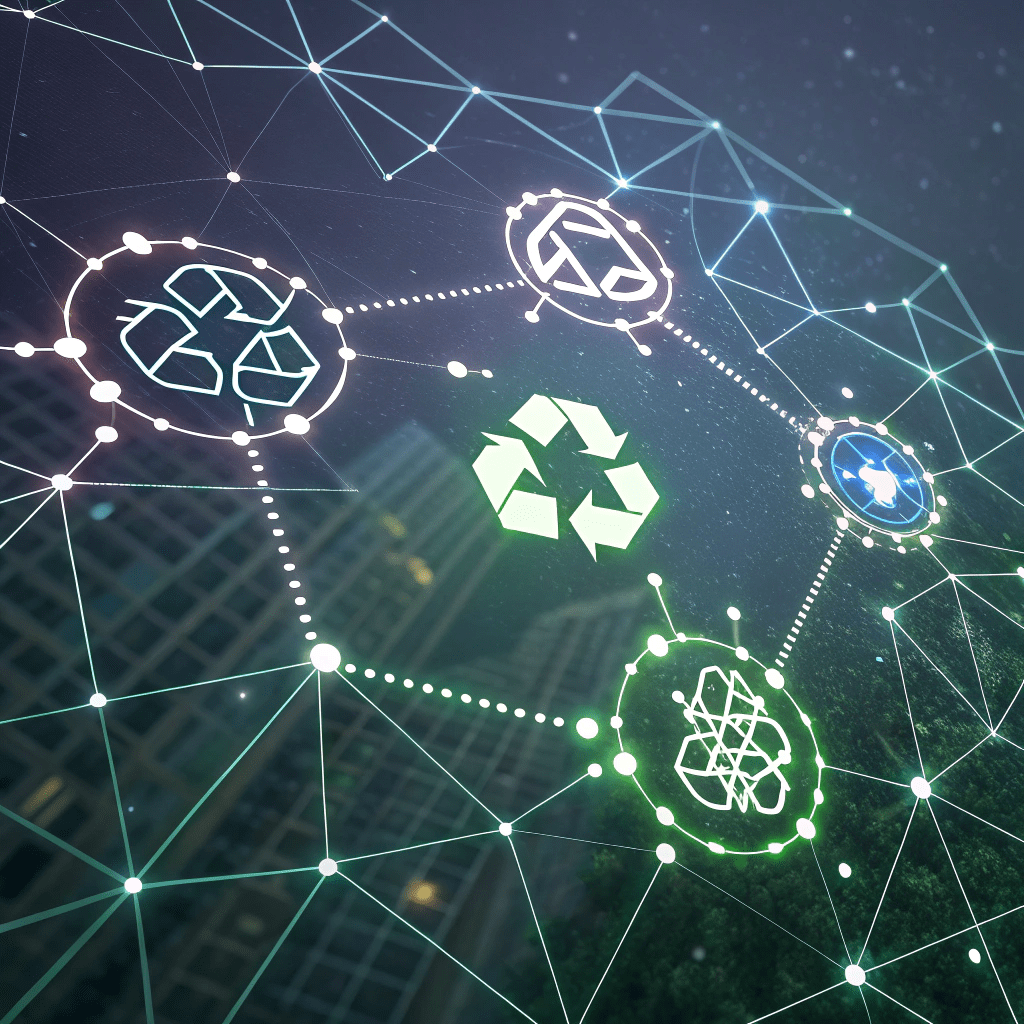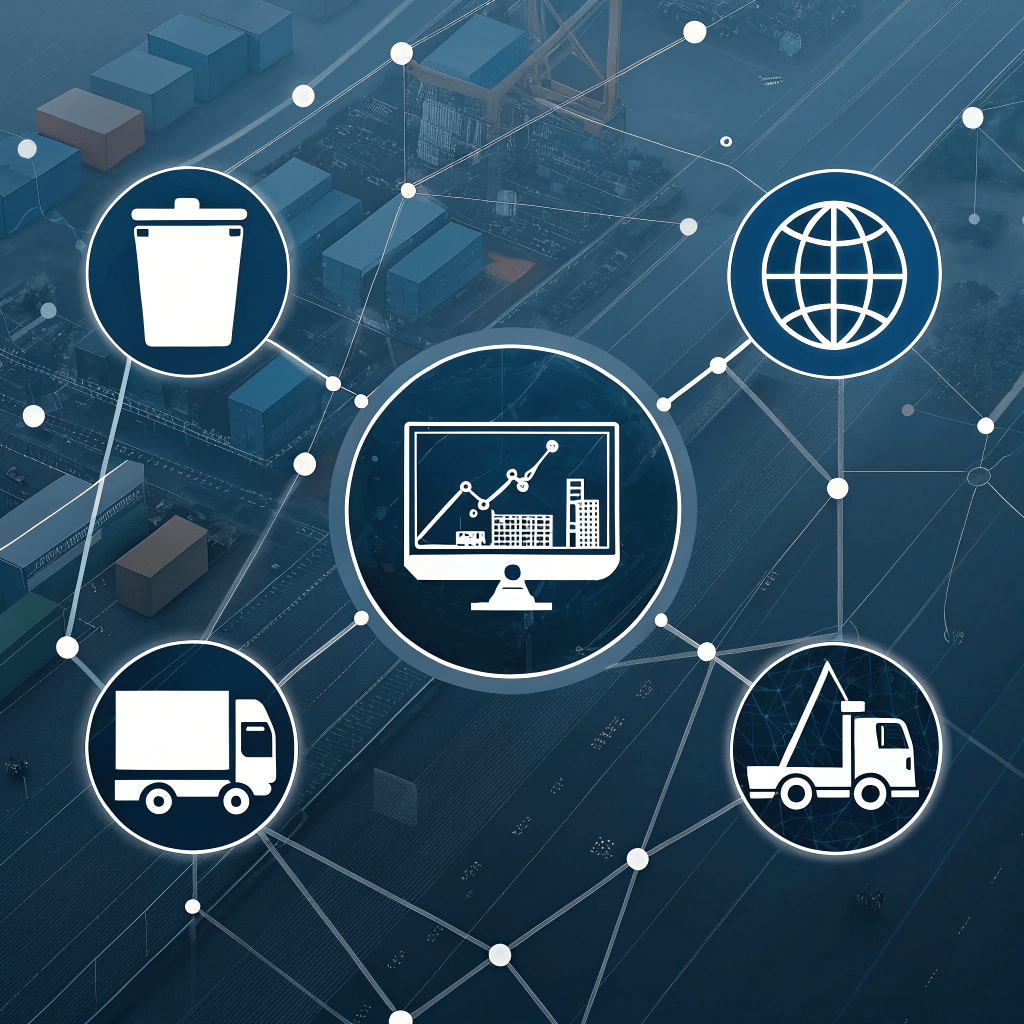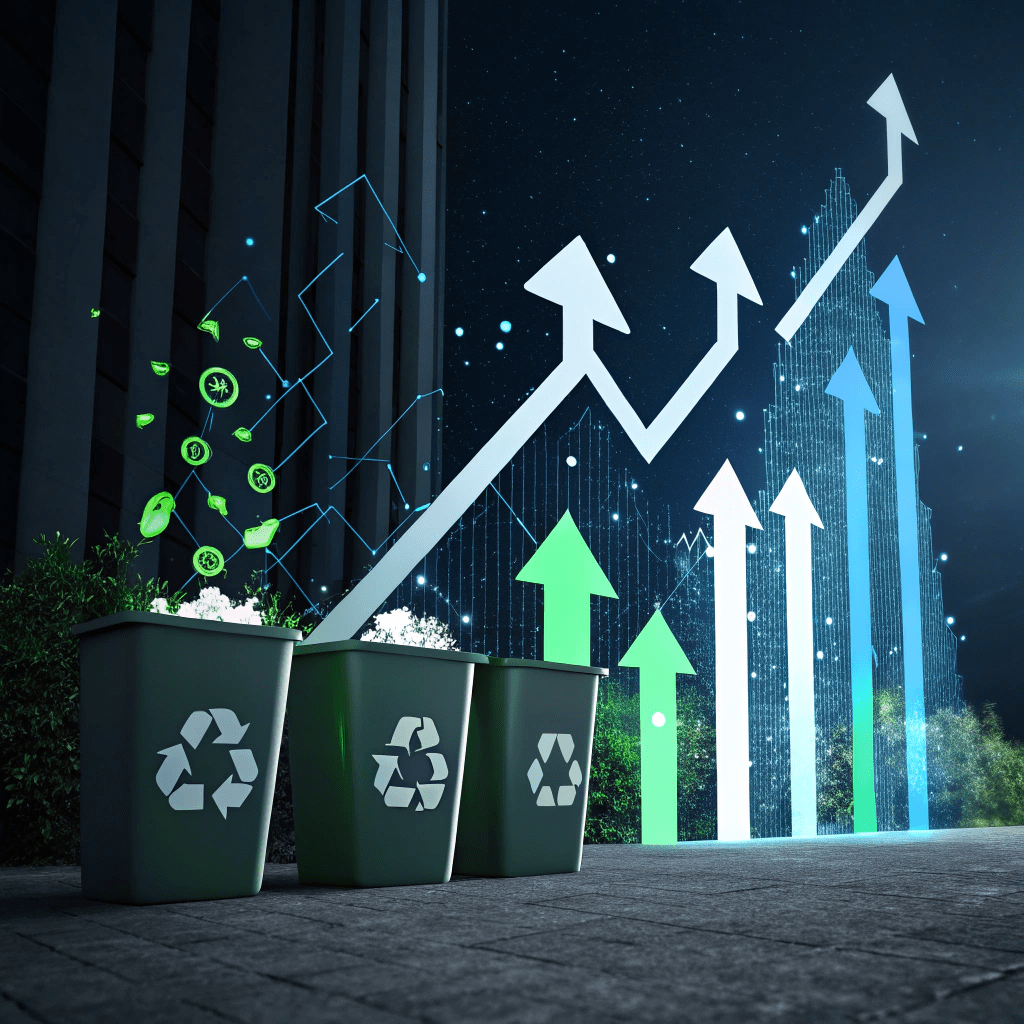Our Community Tech Starter Kit: How to Begin
Explore innovative solutions that empower communities to reduce waste through technology, fostering a sustainable future for all.
Introduction to Sustainable Solutions
Leveraging Technology for Community Waste Reduction
Waste is a growing challenge for communities across Australia and globally. As landfills fill up and the environmental impact of waste becomes increasingly clear, individuals and community groups are stepping up to make a difference. While traditional methods like recycling programs and clean-up drives are essential, technology is emerging as a powerful tool to amplify these efforts, connect people, and drive more effective waste reduction initiatives at the community level.
From tracking waste streams to educating residents and facilitating the reuse of materials, technology offers innovative solutions to empower communities to reduce their environmental footprint. This guide explores how technology can be leveraged for community-based waste reduction initiatives.
The Challenge of Waste at the Community Level:
Understanding Community Waste Challenges
Communities face various waste-related challenges. Australia generated 75.8 million tonnes of waste in 2018-19, with households being significant contributors to plastic and organic waste. Challenges include:
- Increasing volumes of waste generated.
- Confusion about recycling guidelines and proper disposal.
- Lack of data on waste composition and sources.
- Difficulty in coordinating community clean-up efforts.
- Missed opportunities for reusing and repairing items.
- The need for engaging ways to educate residents.
Technology can provide solutions to address many of these issues.
Innovative Solutions for Waste Management
Technology offers a range of applications to support community-based waste reduction initiatives:
- Data Collection and Analysis: Platforms and apps can allow residents to report on waste issues, track what’s being recycled or diverted from landfill, and provide data on waste composition. Analyzing this data helps communities understand their waste streams and identify areas for improvement.
- Communication and Education Platforms: Websites, mobile apps, and social media tools can serve as central hubs for sharing information on recycling rules, composting tips, upcoming collection events, and the impact of waste reduction efforts. Gamification features can make learning about sustainability more engaging for residents. Resources like Habitatpoint list sustainability groups and communities online that leverage digital platforms.
- Logistics and Tracking: Technology can optimize routes for community clean-up crews, track the flow of donated or recycled materials, and improve the efficiency of waste collection points. Smart bin technology companies in Australia are shaping waste management by using sensors and IoT for optimized collection.

- Facilitating Reuse and Exchange: Online platforms and apps can connect individuals and organizations for the exchange of unwanted items, facilitate repair cafes, or list resources for upcycling and creative reuse. Prism’s Sustainability Directory discusses community-based digital platforms for circular economy initiatives that facilitate sharing and reuse.
- Monitoring and Measurement: Technology can help communities set waste reduction goals, track progress over time, and generate reports on their environmental impact. This data is crucial for demonstrating success and securing support for initiatives.
Examples of Technology in Action:
Across Australia and globally, communities are starting to use technology in innovative ways for waste reduction. This includes online platforms for booking hard rubbish collection, apps that reward recycling, websites that connect food donors with charities, and data dashboards that visualize community waste metrics. Solutions can range from simple online tools to more complex platforms that integrate data from various sources, potentially aligning with broader initiatives like Planet Zero Waste. BDO Australia’s report on the future of waste management highlights new technologies like advanced sorting systems in recycling plants. Sunshine Coast Council has implemented Australian-first underground automated waste collection technology.
Benefits for Communities and the Environment:
Implementing technology in community waste reduction initiatives brings numerous benefits:
- Reduced Landfill: Diverting more waste through recycling, composting, and reuse. Australia aims to reduce total waste generated by 10% per person by 2030.
- Increased Resource Efficiency: Making better use of materials and reducing the need for virgin resources.
- Cost Savings: Optimizing collection and processing can lead to lower operational costs.
- Enhanced Community Engagement: Making it easier for residents to participate, learn, and contribute.
- Measurable Impact: Demonstrating the tangible positive environmental outcomes of community efforts.
- Fostering a Circular Economy: Creating local systems for keeping materials in use for longer.Australia is committing to a national circular economy transition, aiming to double circularity by 2035.
Challenges and Considerations:
While the potential is significant, implementing technology in community initiatives can face challenges:
- Ensuring equitable access to technology for all community members (digital literacy, internet access).
- Protecting data privacy when collecting information on waste habits or participation.
- Securing funding and resources for technology development and maintenance. TheRecycling Modernisation Fund in Australia provides funding for waste and recycling infrastructure.
- Ensuring the technology is user-friendly and meets the specific needs of the community.
- Maintaining community buy-in and engagement over the long term.

Join the Sustainability Revolution
Ready to empower your community's waste reduction efforts with tailored technology solutions? We are here to provide expert assistance and guidance.
Conclusion
Technology offers powerful and increasingly accessible tools to support community-based waste reduction initiatives. By enabling better data collection, communication, logistics, and the facilitation of reuse, technology can empower residents, increase efficiency, and help communities make a greater positive impact on the environment. Investing in tailored technology solutions is a key step towards building more sustainable and resource-efficient communities in Australia and beyond.
#WasteReduction #Sustainability #CircularEconomy #CommunityInitiatives #TechforGood #AustraliaEnvironment #PlanetZeroWaste #Tf3comau #EnvironmentalTech #ResourceEfficiency #CommunityEmpowerment #SustainableTechnology




